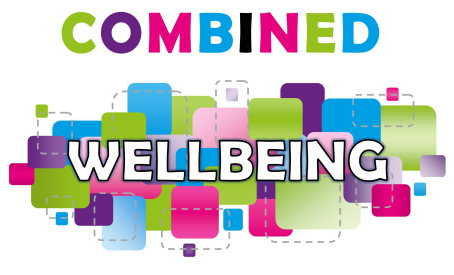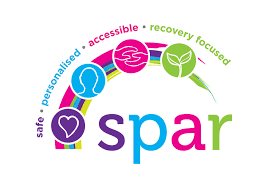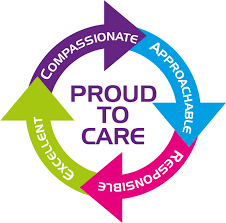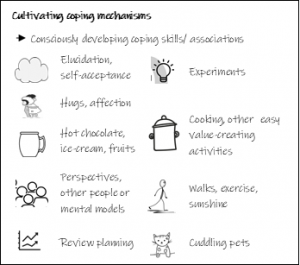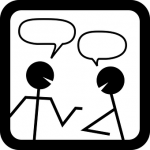Physical Health

Information
Being diagnosed with an illness or physical condition can affect your child (and your family) in a number of ways.
Select the underlined questions below to see more.
If you are looking at this page, it could be because your child or a child you know, has been diagnosed with some type of illness or physical condition.
Being diagnosed with an illness or physical condition can affect young people (and families) in a number of ways. Some of these are listed here:
- They may be having worries about the illness or condition

- Maybe they feel frightened or scared about what may happen next
- Perhaps they feel angry, sad or frustrated
- They could feel confused about things
- They maybe in pain
- There may be feelings of being different from their friends
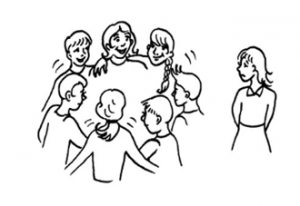
Young people may have a lot of thoughts and feeling that can be difficult to cope with. Also at times it can be scary to ask for help and information. Hopefully some of the information provided will help explain these difficult thoughts and feelings. It may explain what to do next if more help is needed.
One of the most important things to remember when they are thinking and feeling all of these thoughts and emotions is this:-
‘We believe that these thoughts and emotions are what ANYONE would feel if they were also going through the same thing.’
What we know, from all the research gathered over the years is this:-
Mostly, young people don’t have these worries and difficulties, or need help, all the time: – it is often just at certain times in their life that help is needed. For instance:-
- At the very beginning when someone has just been diagnosed
- Maybe when starting school or moving to a new school or going into high school or college
- Perhaps when they are growing and their body is changing
- Some conditions cause pain and discomfort and this can be worse at different times.
- Sometimes when treatments are changed or new ones are started.
It is most important that they are able to enjoy life.
- to be able to go to school and to make friends
- to take part in activities that they love and to be able to cope with their condition whilst doing all of these things.
Hopefully, some of the tips and ideas that we will discuss further on will help to give the young person some ideas about how best to manage any worries or difficulties the young person might have.
Young people can sometimes feel that others are just interested in the illness and not their feelings and only ever ask about the illness. This can make them feel like the illness is taking over their life and that they are losing their sense of identity, they may want to say –
‘I am not my illness- I am a person first’
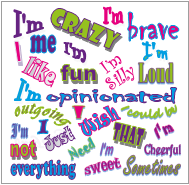
Coping with an illness or a physical condition can be very hard. Young people may need treatment and at times it can be a long distance away from where they live which can be stressful for the whole family.
- You as parents or carers and any siblings will be worried.
- Frequent appointments can mean that the routine of the family is affected. This can lead to all of the family feeling anxious and confused.
Understanding things like –

– can help young people learn different ways of dealing and coping with these things. This can help them to carry on doing things that are part of everyday life, and give them pleasure and satisfaction.
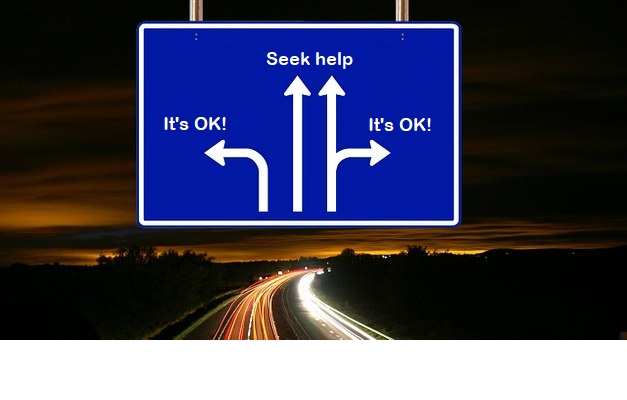
Coping with
Everyone is different and everyone will have different things that they find helpful when they are struggling with their condition.
Even so, there are some ideas and strategies to help with coping that have been tried and tested and researched and found to be very effective to help with things such as :- pain, discomfort, negative thoughts and anxiety.
If young people need help coping, here are some ideas that may help
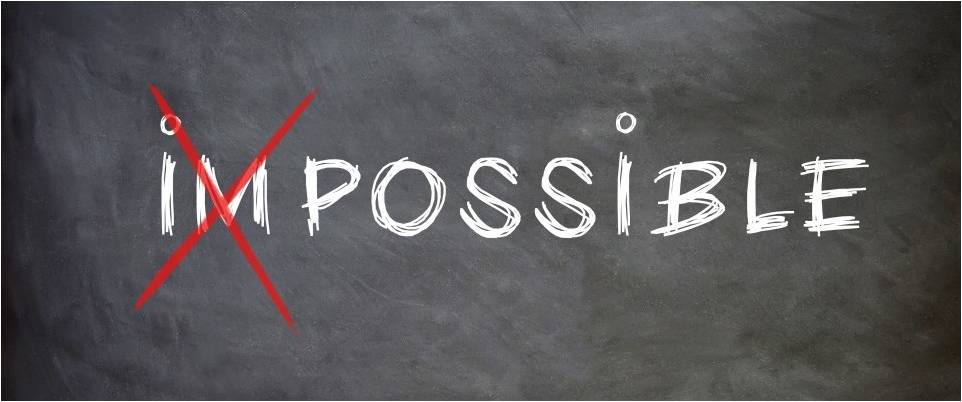
Finding help
Who can they talk to?
- Friends
- Family
- Someone they trust at school
